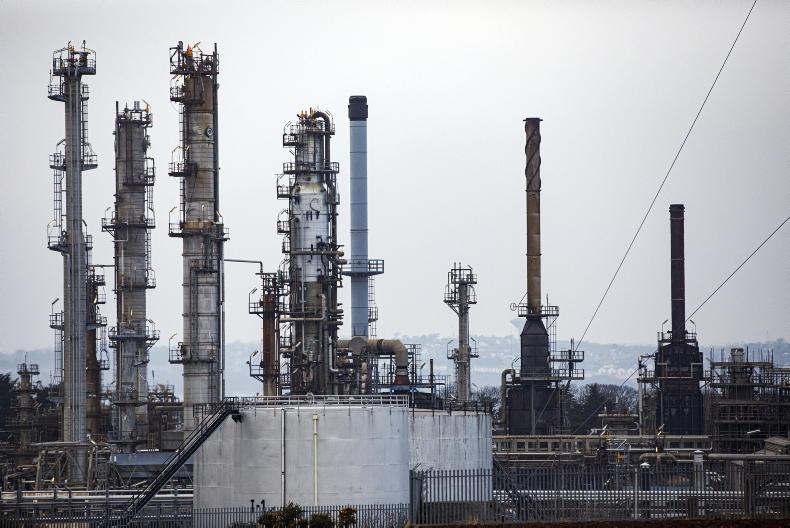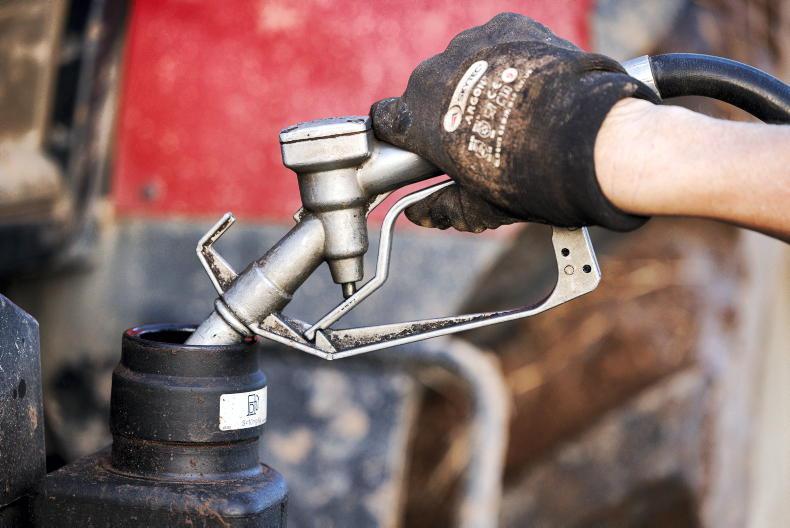Crude oil has dropped $10 (€9.48) in the last five trading days, with international benchmark Brent now around $84 (€79.60) a barrel.
Adding to the relief for consumers is the announcement from Russia this morning that it is lifting most of the fuel export restrictions it introduced last month.
The rapid drop in crude prices this week has been driven by a couple of factors.
Data from the US showed that demand for gasoline (petrol) in the country fell to the lowest level in 22 years in the three months to the end of September. That drop was driven by the high fuel prices across the summer. There are also signs of weakening demand in India and China.
That drop-off in demand in the world’s largest markets is taking away many of the most optimistic bets on crude hitting €100 a barrel, once again proving the old adage that the best cure for high prices is high prices.
Technical reasons for decline
There are also some technical reasons for the rapid decline in oil prices. Many investors had expected oil to keep rising.
When it started to turn lower, they started to sell their positions, to cut their losses. That selling itself caused more price drops. This, however, is only a temporary effect and, depending on how much it is driving prices, could mean that we will see crude rise again in the coming days.
On the supply side, this week’s OPEC meeting saw Saudi Arabia and Russia extend their voluntary production cuts until the end of the year.
There were no other changes to the cartel’s production levels, which was in line with what analysts had forecast.
The best cure for high prices is high prices
The ending of the Russia diesel export ban is good news for Irish consumers – who are sure to have noticed that the fuel has been more expensive than petrol at the pumps in recent weeks.
While the EU has banned the import of fuel from Russia in the wake of the invasion of Ukraine, exports from the country make their way to the Middle East, and refineries there then sell on to European nations.
Basically, the reopening of Russian exports means there is more diesel in the world, which should mean lower prices at the pump.
While there is plenty of good news for consumers here, it remains to be seen whether it will lead to a meaningful reduction in fuel prices.
There is certainly nothing in it that will give Government room for second thoughts about possible measures to help reduce prices at the pump in next week’s budget.










SHARING OPTIONS